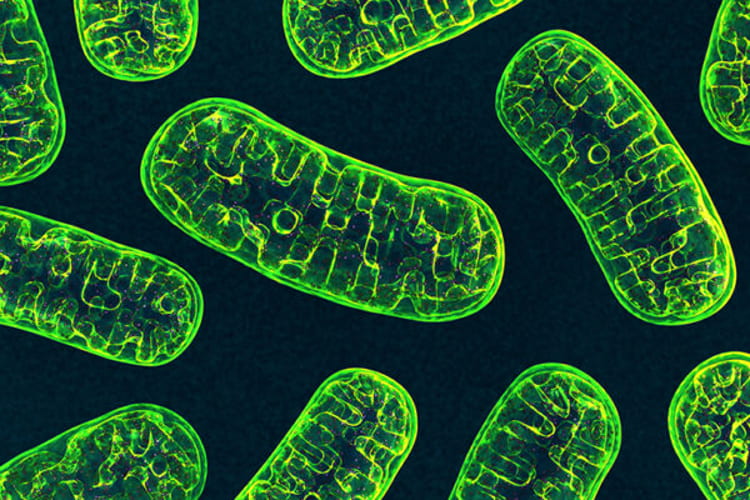For over a century, cancer cell metabolism has been viewed as something of a paradox. New work from researchers at Washington University in St. Louis shows that it might not be such an anomaly after all. The study is published Aug. 15 in Molecular Cell.
Glucose, a common sugar in food, is one of the most important nutrients in the body. Cancer cells tend to consume it at an astounding pace. At first glance, that seems to make good sense because cancer cells have a lot of synthesis to do. After all, as tumors grow rapidly, each cell has to replicate its entire contents.
But here’s the catch. Cancer cells don’t use the glucose very efficiently. Instead of sucking all of the energy they can out of glucose, they release most of it as a waste material.
“To extract the maximum amount of energy from glucose, cells must transport its transformation products into mitochondria,” said Gary Patti, PhD, the Michael and Tana Powell Professor of Chemistry in Arts & Sciences and of genetics and of medicine at the School of Medicine. Patti, a member of Siteman Cancer Center at Barnes-Jewish Hospital and the School of Medicine, is senior author of the new study.

“There are certain biochemical rules that metabolism is supposed to follow. It’s been interesting to think about why tumors might be allowed to break them,” Patti said. “However, the findings we report here demonstrate that cancer cells do follow conventional principles.”
